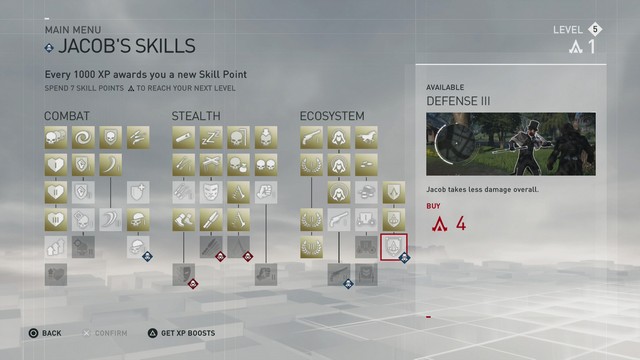

When we play RPGs, we sometimes wonder how we can manage to spend a couple hundred hours on a campaign that should only be 25 hours long. There’s a few good reasons for that, and all of them tend to relate in some way to bad personal habits that only seem to crop up in RPGs.
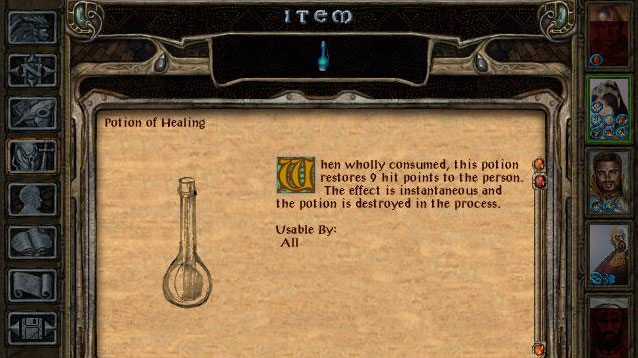
There’s a kind of logic behind saving up your most powerful potions and scrolls. “I might need this Megalixir for a harder battle,” you’ll tell yourself. You keep them on you just in case you need them for a rainy day. But the reality of the matter is that you’ll probably end up letting it go to waste and reload the game just so you don’t have to use it. Imagine how much faster those battles would’ve gone had you only used your Scroll of Magic Protection.
Having several Scrolls of Freedom on hand during the fight with Kangaxx the Demi-Lich in “Baldur’s Gate 2” and not using them on my imprisoned characters made this battle last for an hour longer than it should’ve.
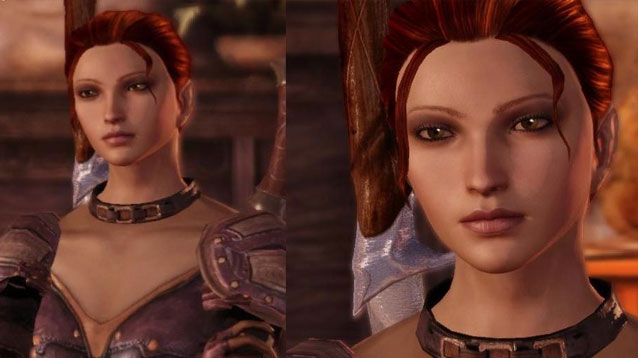
Unless the game allows you to perform plastic surgery on your character, chances are you’ll have to restart the entire game just to change your hairstyle, much less your face. It’s always unpleasant to discover that the character you made in the character generation screen looks nowhere as nice in the game proper--skin too pale, a cross-eyed expression, a jawline that just screams to be captioned “herp derp”.
Personally, I remade my character in Dragon Age several times, each time playing a human noble despite having run through that portion of the game repeatedly. It had to be done if I was to stare at my character’s face for the next hundred hours.
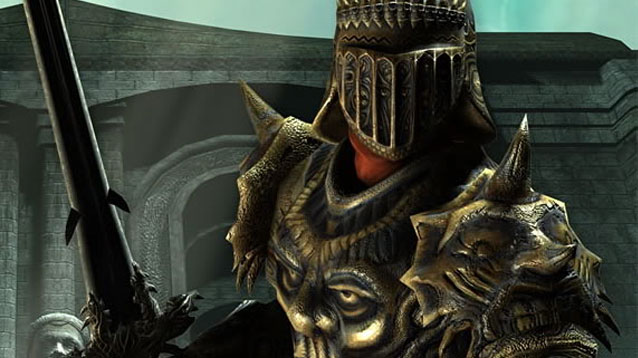
Ever find a cool weapon only to discover that your character just doesn’t have the right stats to equip it… ever? That’s when you contemplate re-rolling your character and restarting the game in its entirety just so you can have a chance to brandish that cool looking sword or equip the shield your dual-weapons fighter will never consider using.
Hey, at least you’ll be able to play the game “correctly” the next time around. Notice the quotes around the word “practical”, though? That’s because the reasoning is anything but.
Having forgotten to tag Science as one of my main skills in Fallout: New Vegas, I remade my character and restarted the game almost 40 hours into the main story. This time around, I picked up Lockpicking, Science and Speech as my main skills, though it didn’t change the fact that I’d wasted a whole week and earned little from the experience.
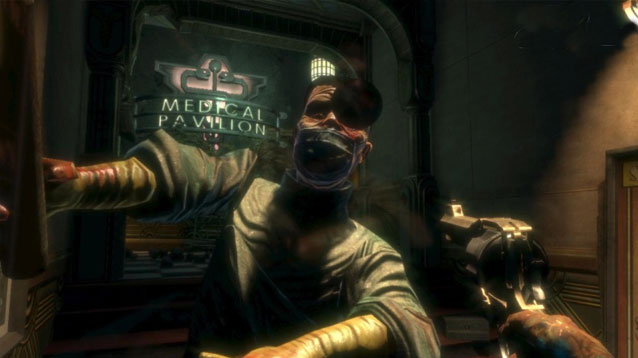
Ayn Rand is the developer of the philosophy of Objectivism, which argues for “rational self-interest” above all else. With selfishness and individualism touted as virtues of her philosophy, you can do little wrong if you aren’t performing an action that serves your personal interests.
With the exception of those of you who actually role-play your way through the game for the proper designer-intended experience, in RPGs, everyone is by nature an Objectivist. You make decisions based on the maximization of your character's personal stats more than anything else. Case in point: you'll destroy the Urn of Sacred Ashes in Dragon Age if it means unlocking the better class upgrade instead of doing the right thing and leaving it alone.
I would argue that developers can work around this issue by hiding the stats to discourage min/maxing and encourage players to focus on the game’s narrative, but that’s a topic for another day.
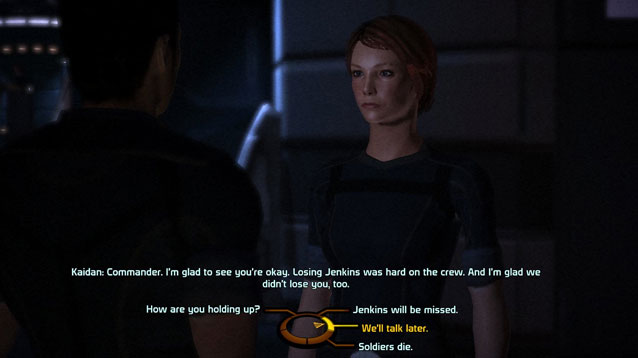
You reload the game after every dialogue choice just to see if the non-player characters respond any differently, or if you wish to manipulate the outcome to your best advantage. You’ll even take the pure evil option while playing a paragon just to amuse yourself. With such an easily accessible reload option, no choice you make will ever be permanent until you make it so.
One could say that I killed a man in Omega Station just to watch him die. It’s amusing to watch Commander Shepard knock out a reporter or push an unarmed guard to his doom just to see what it looks like.

Page 1 Page 2


